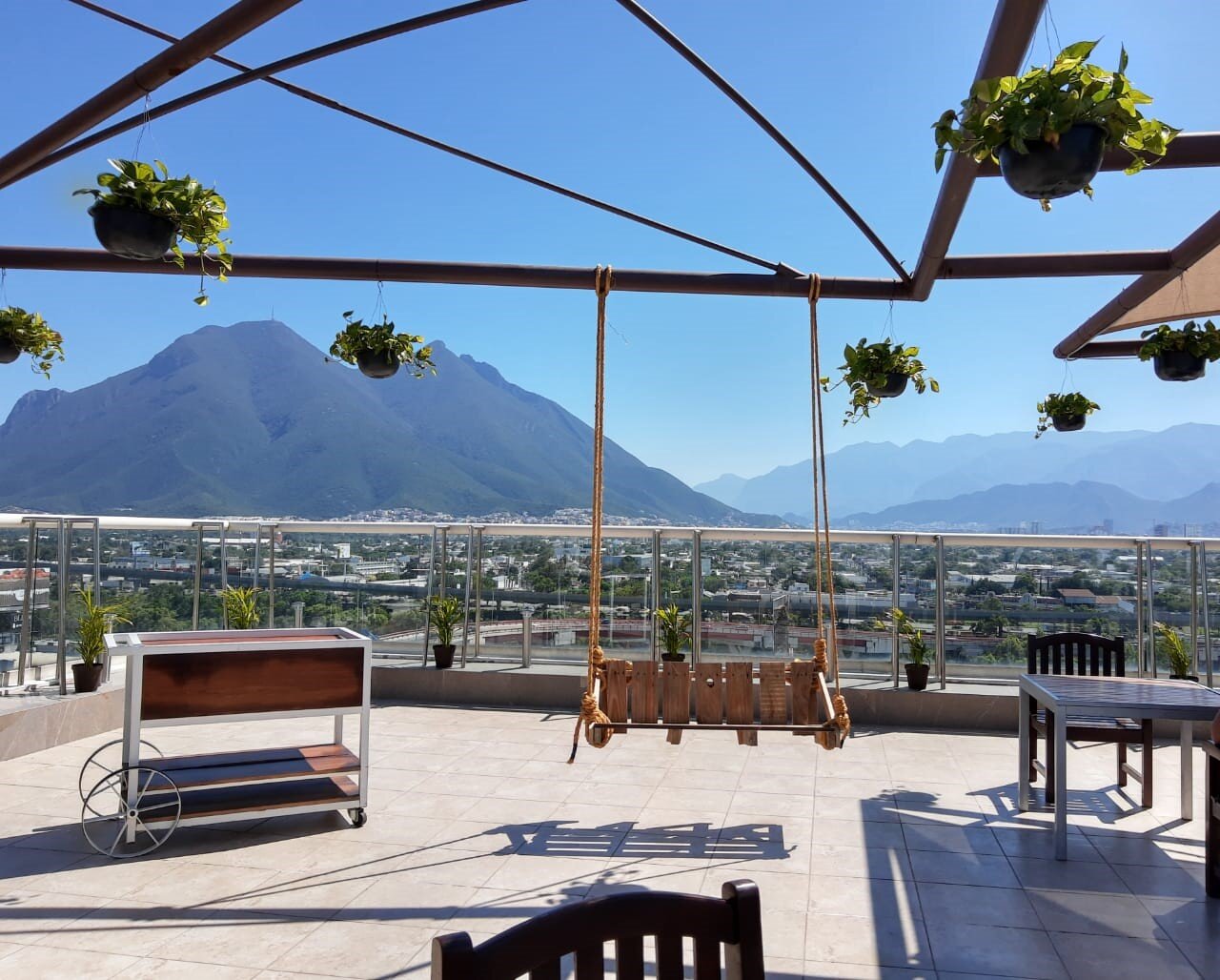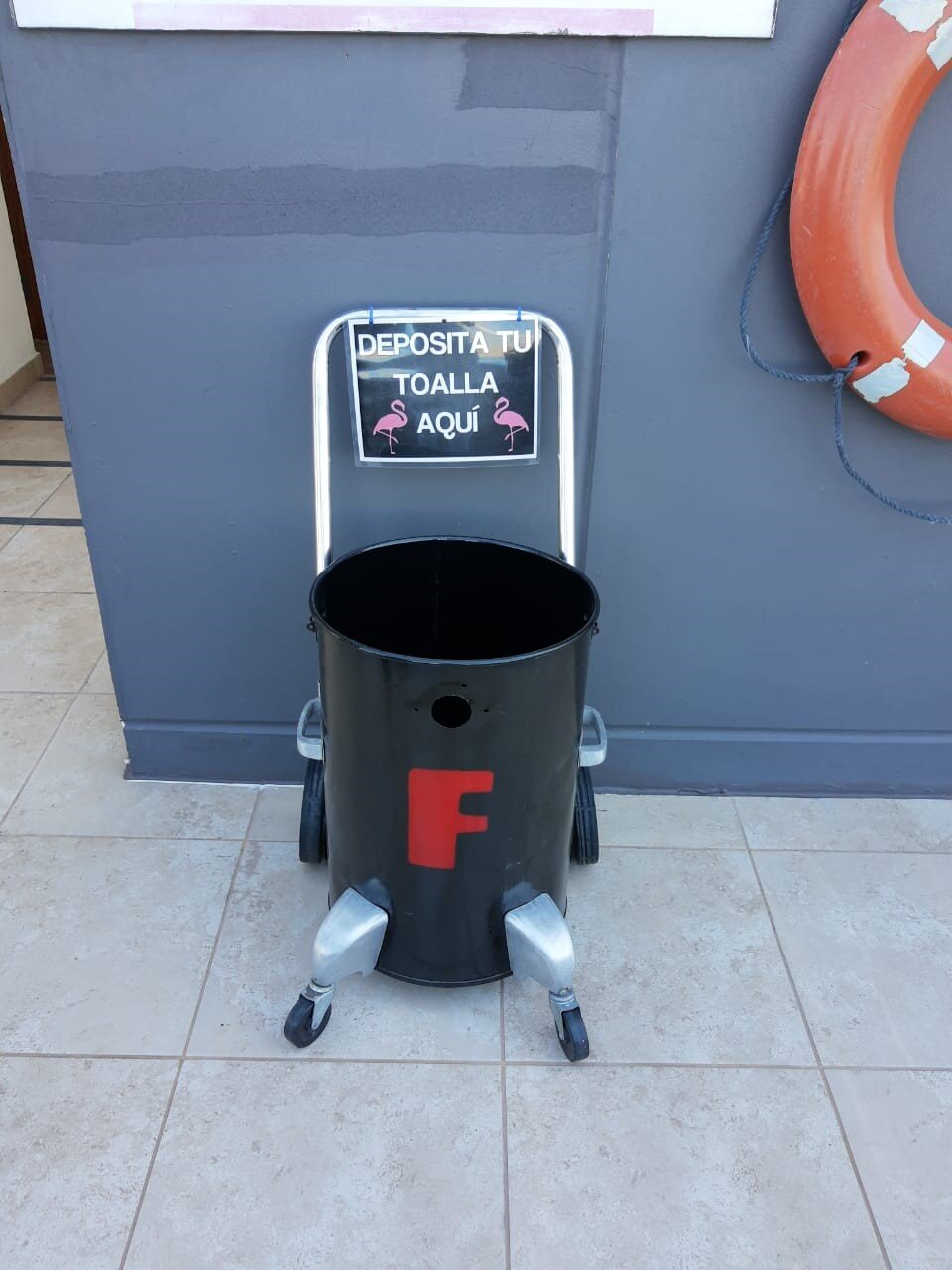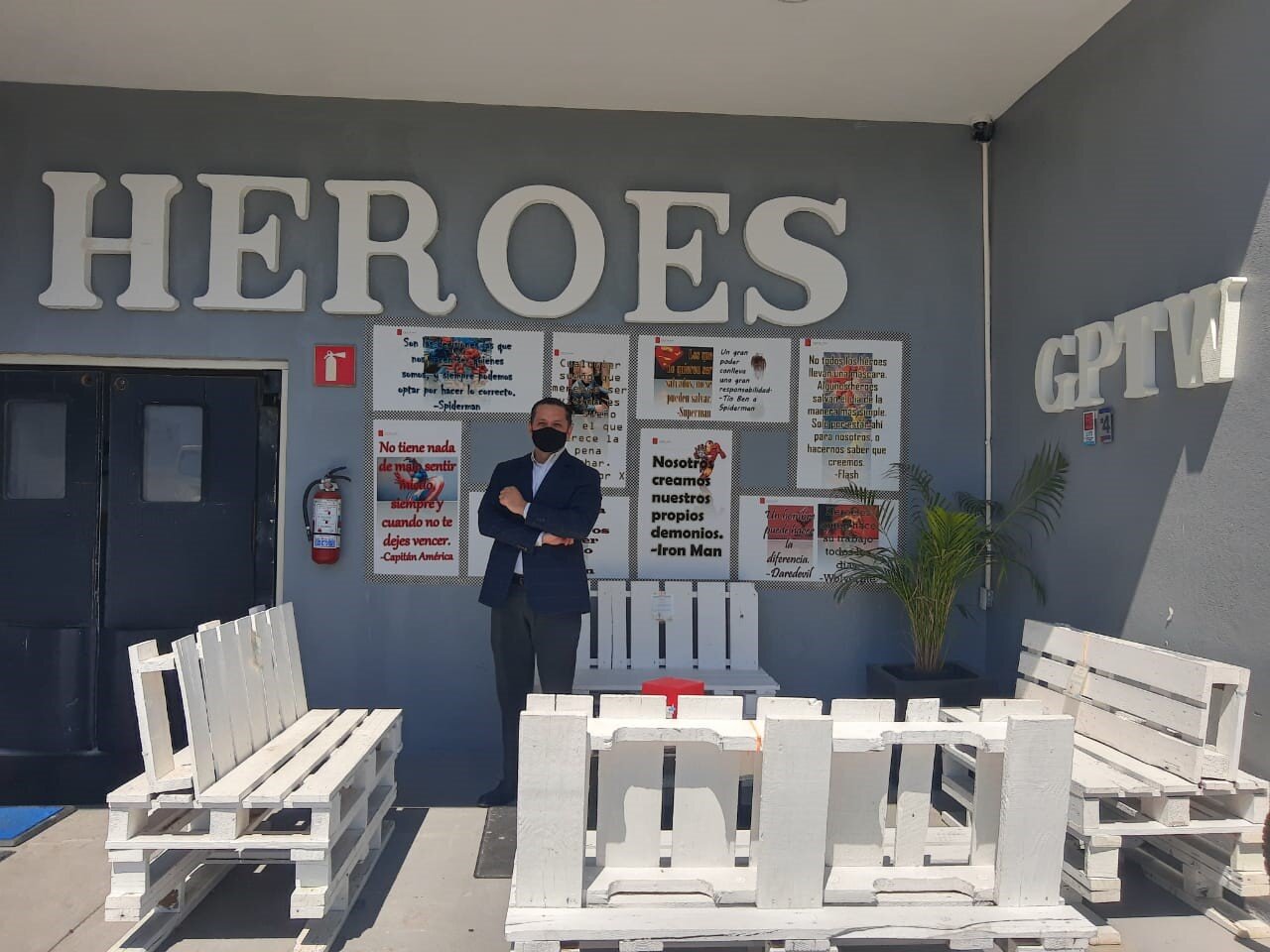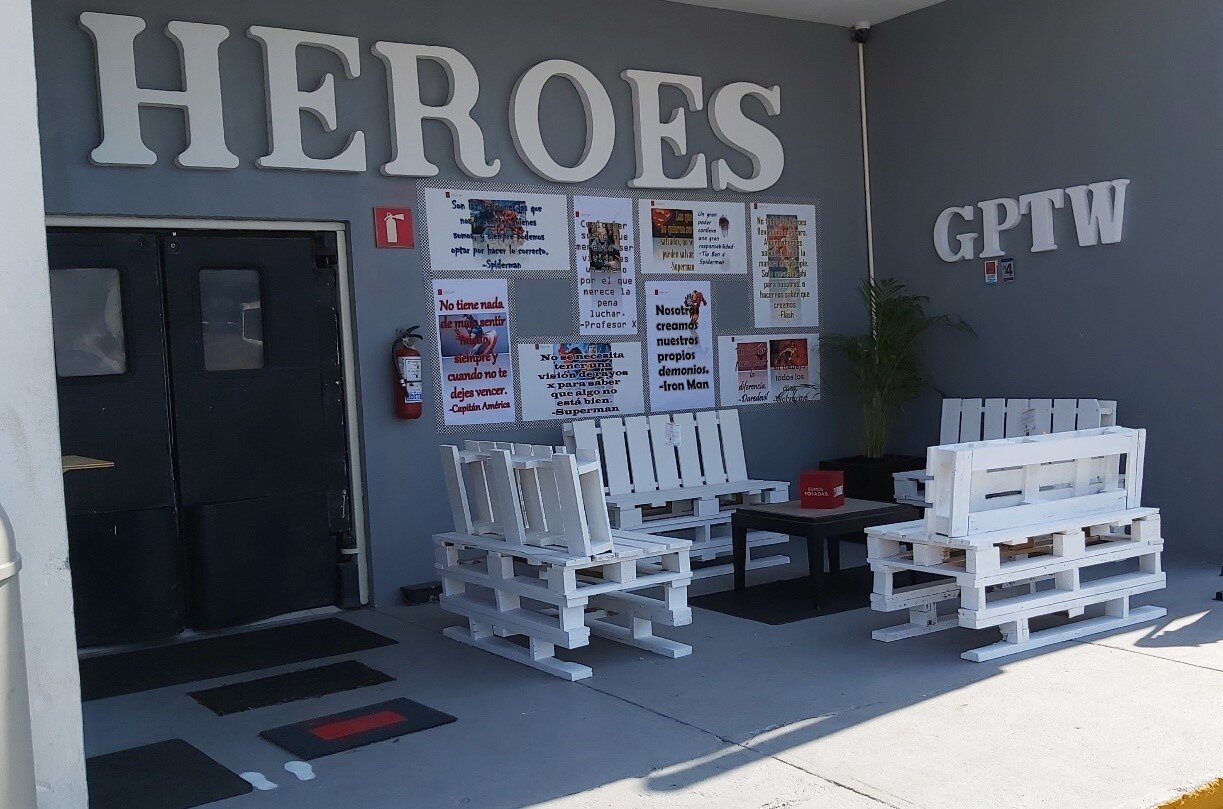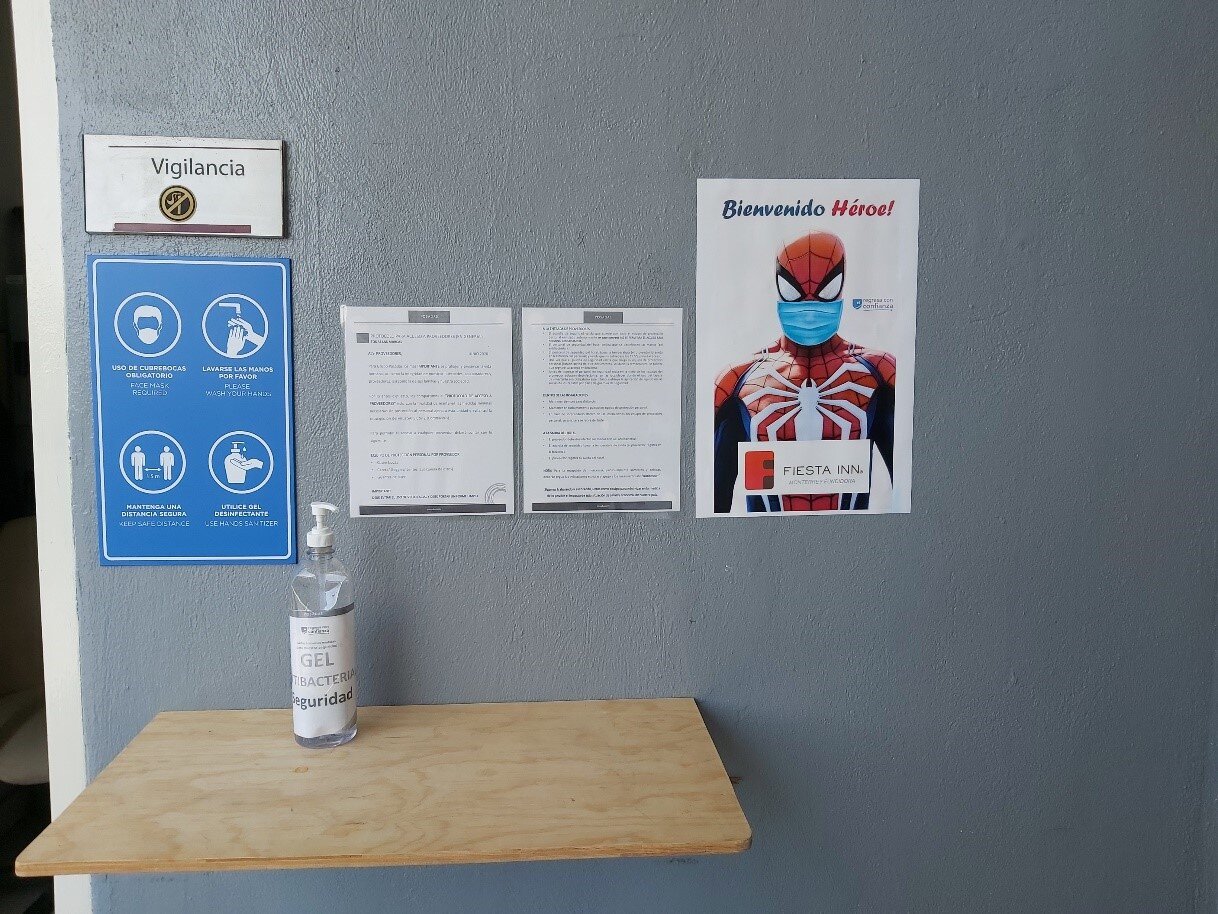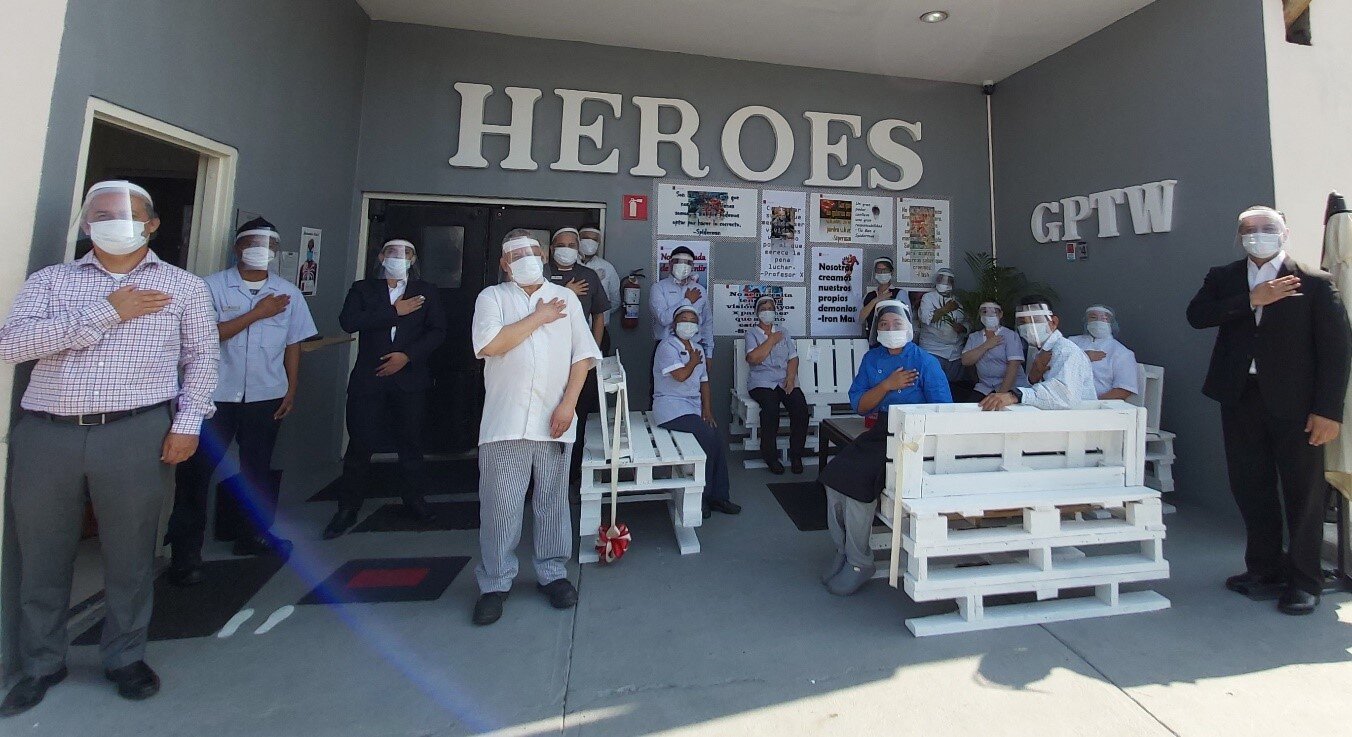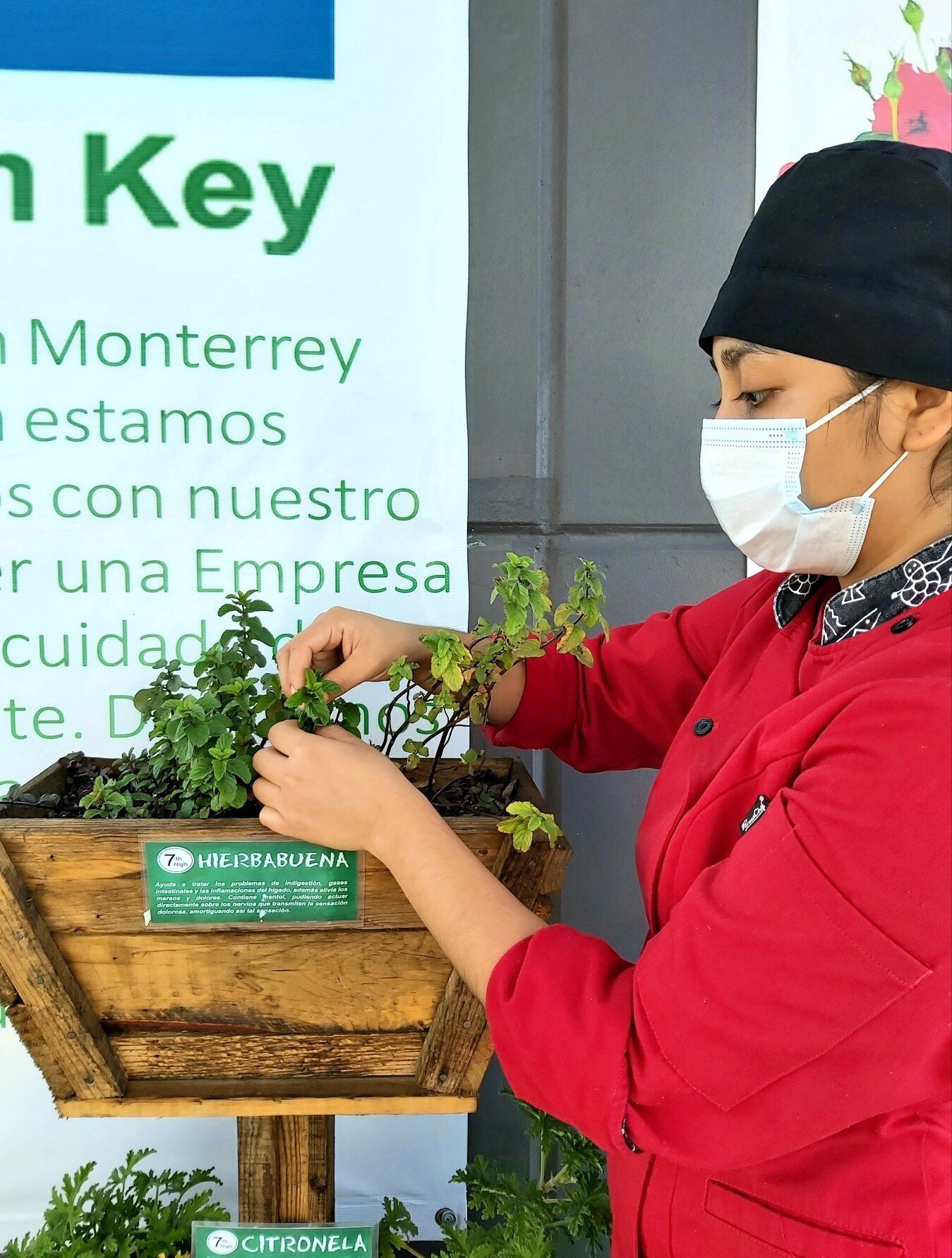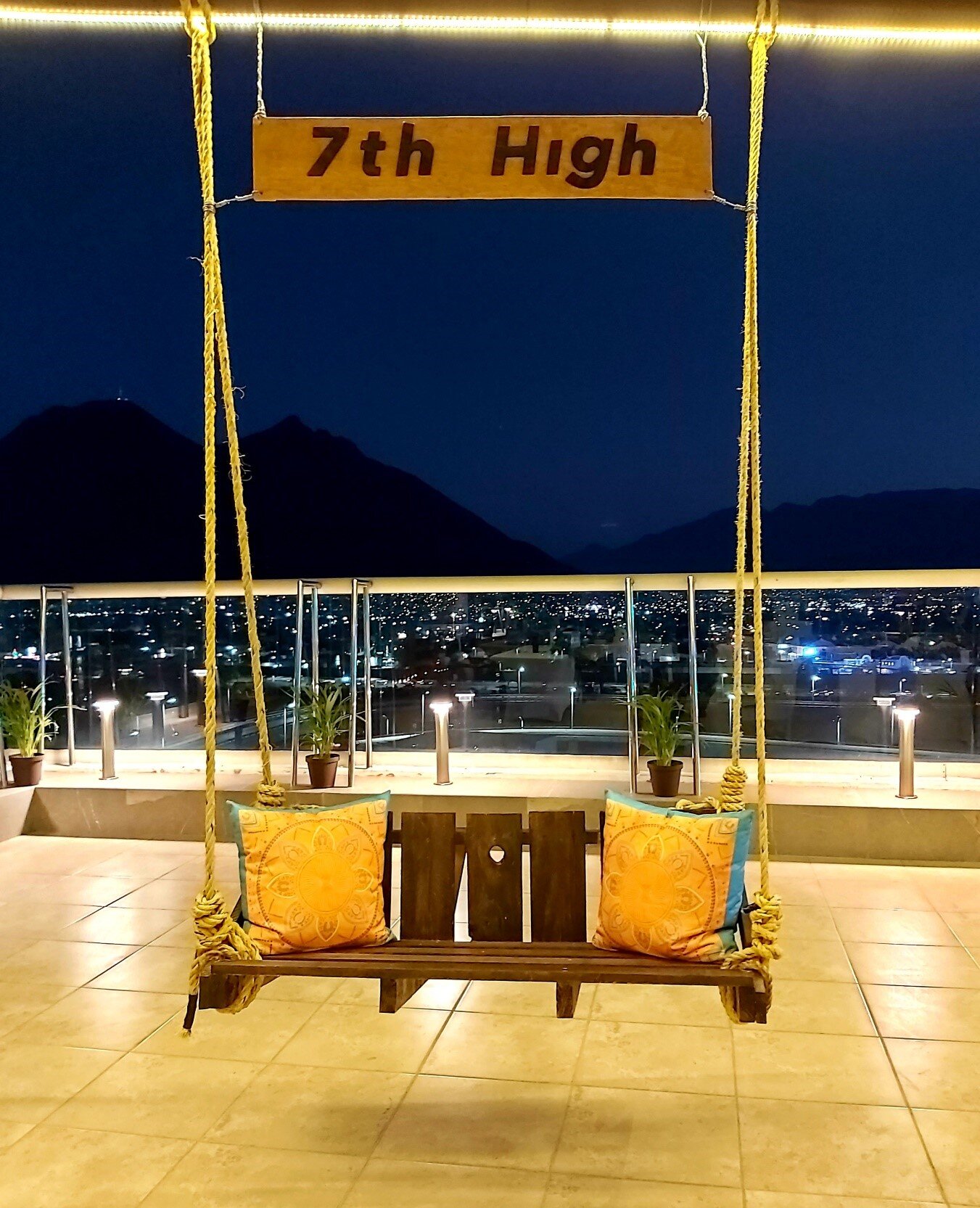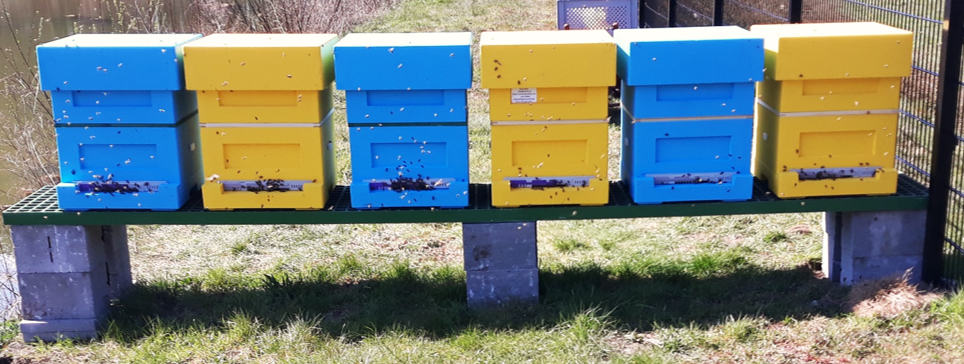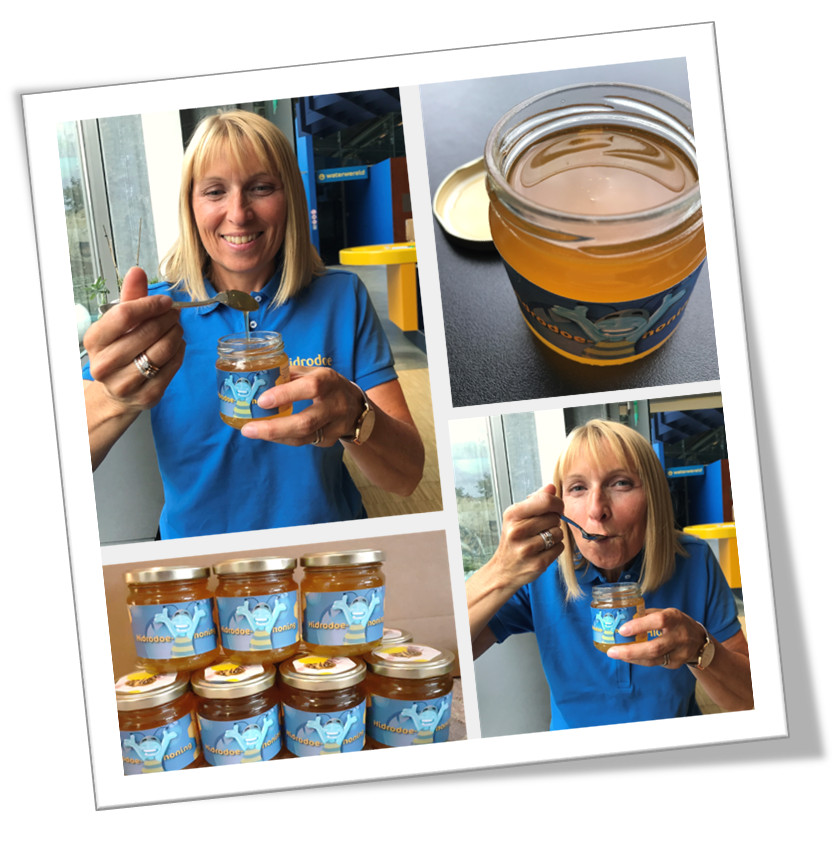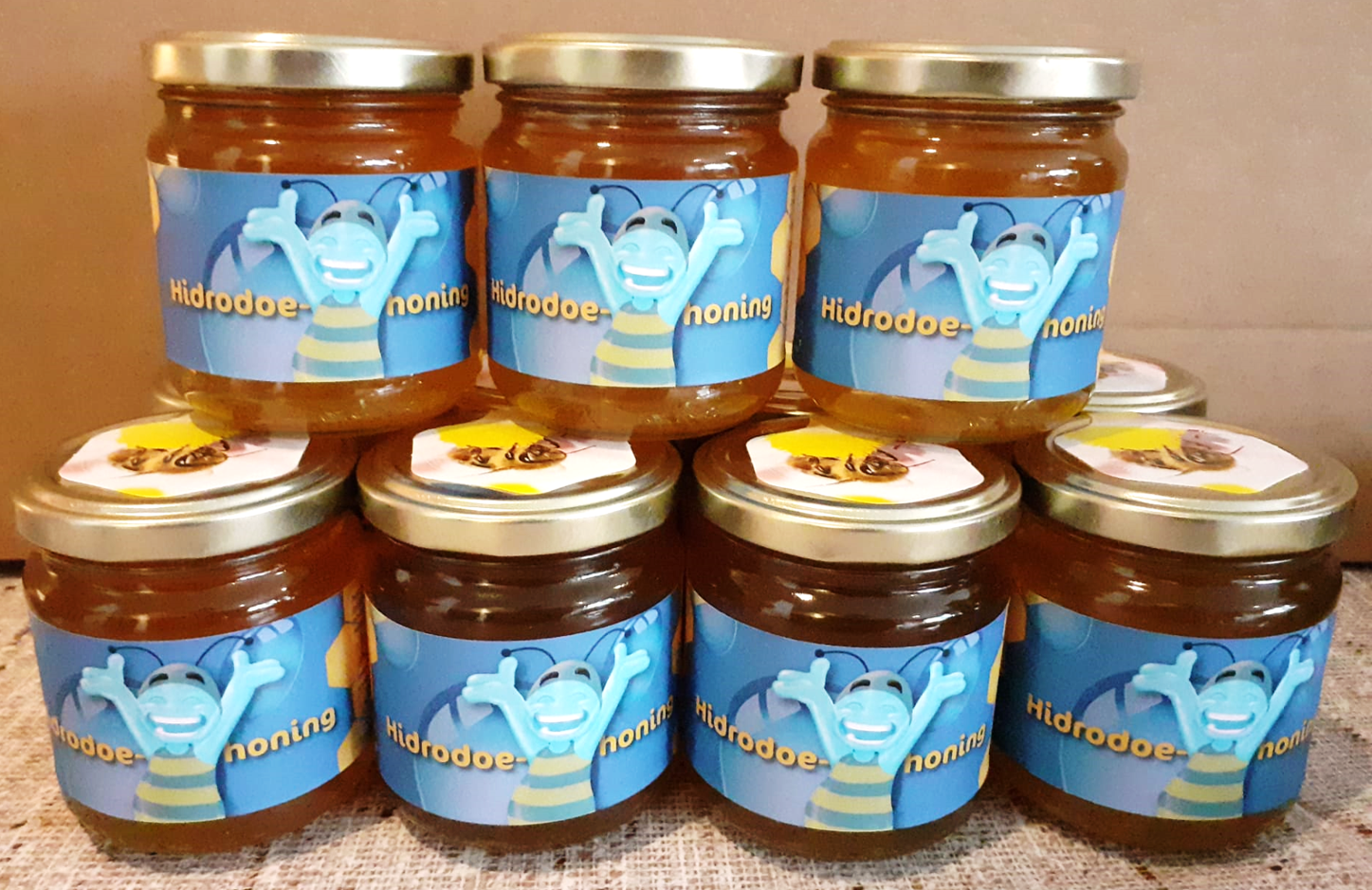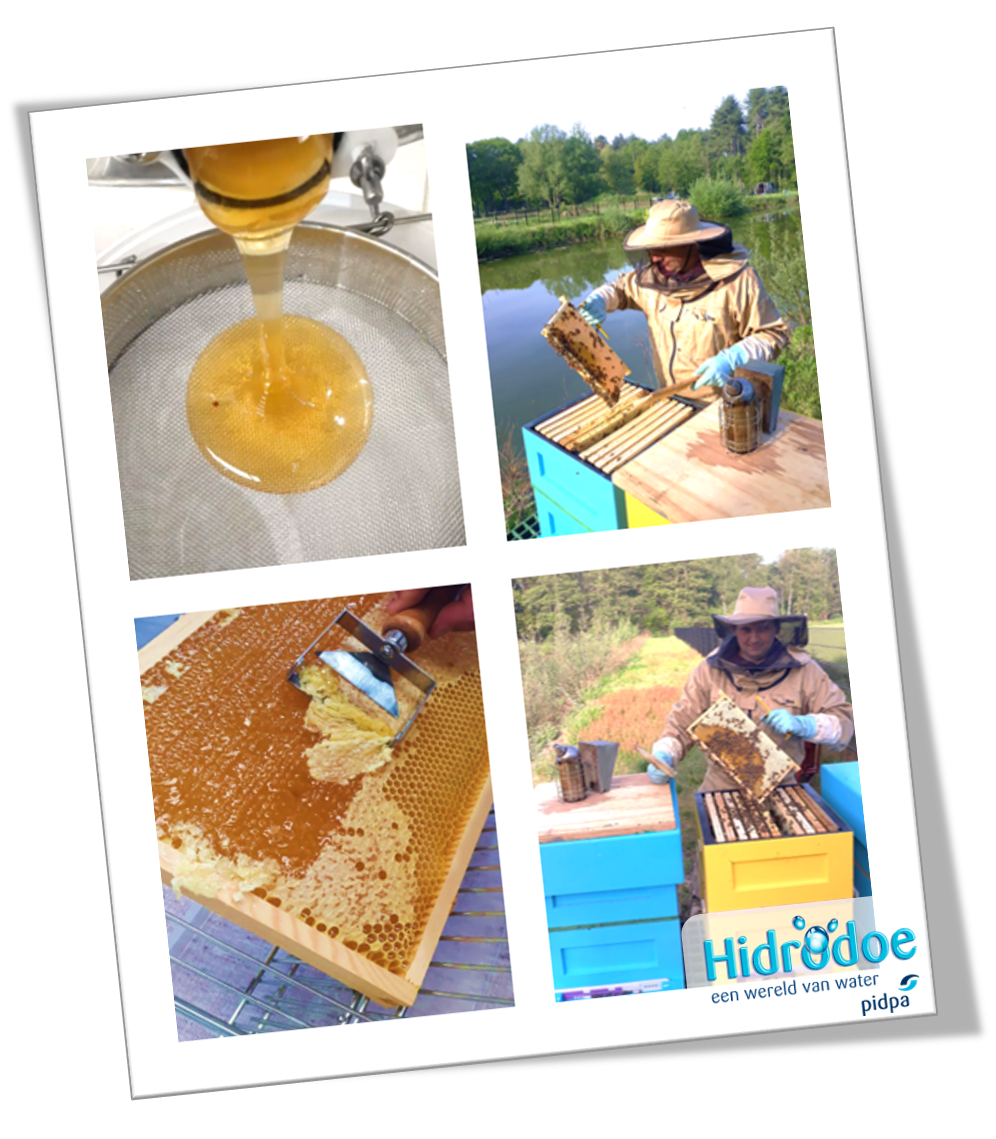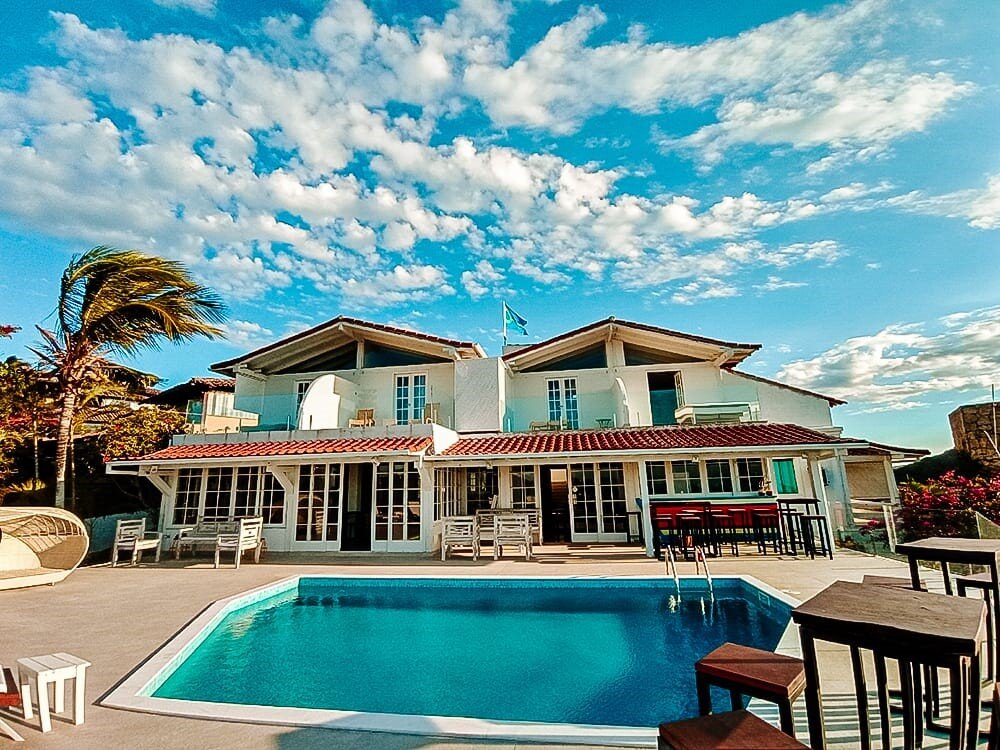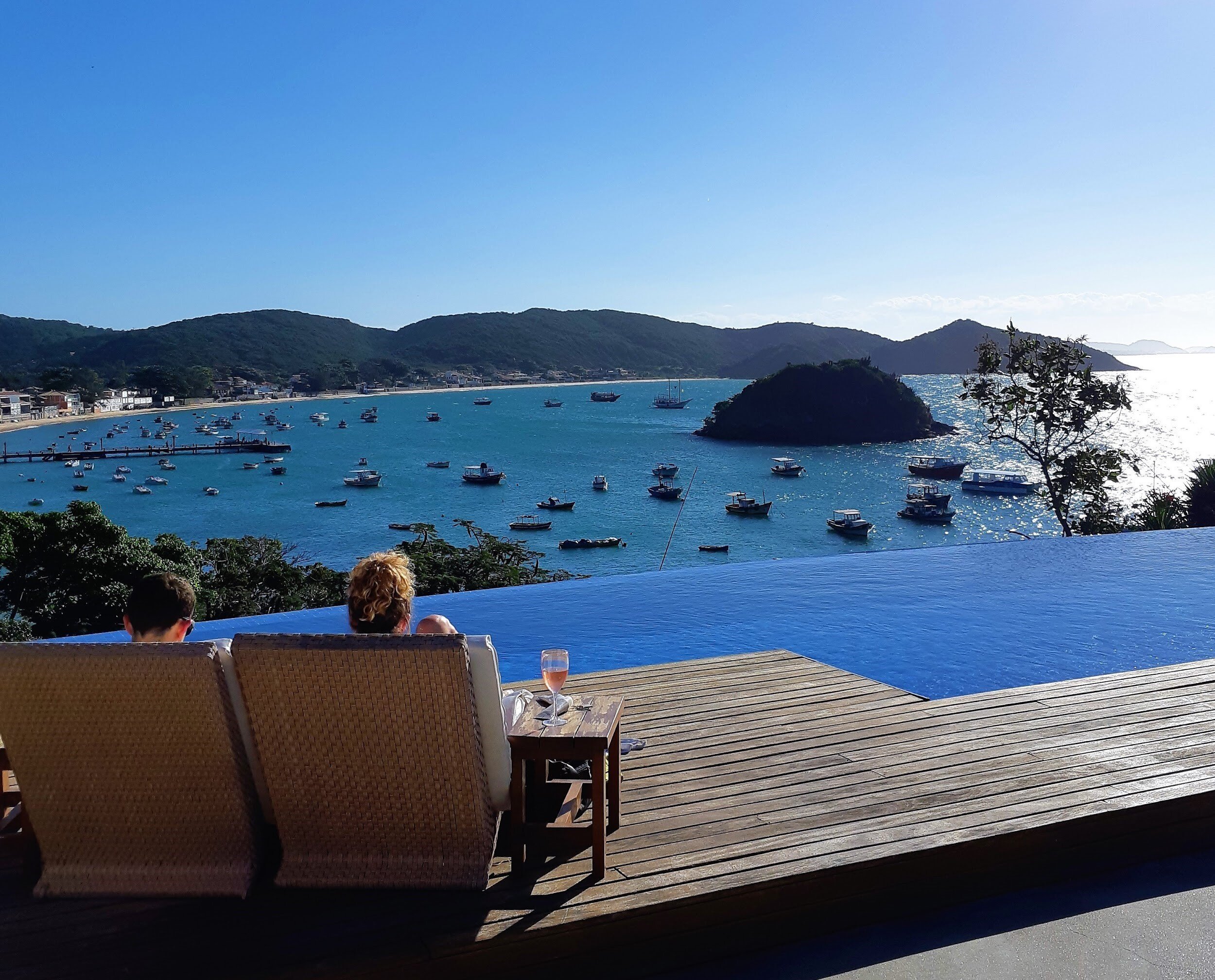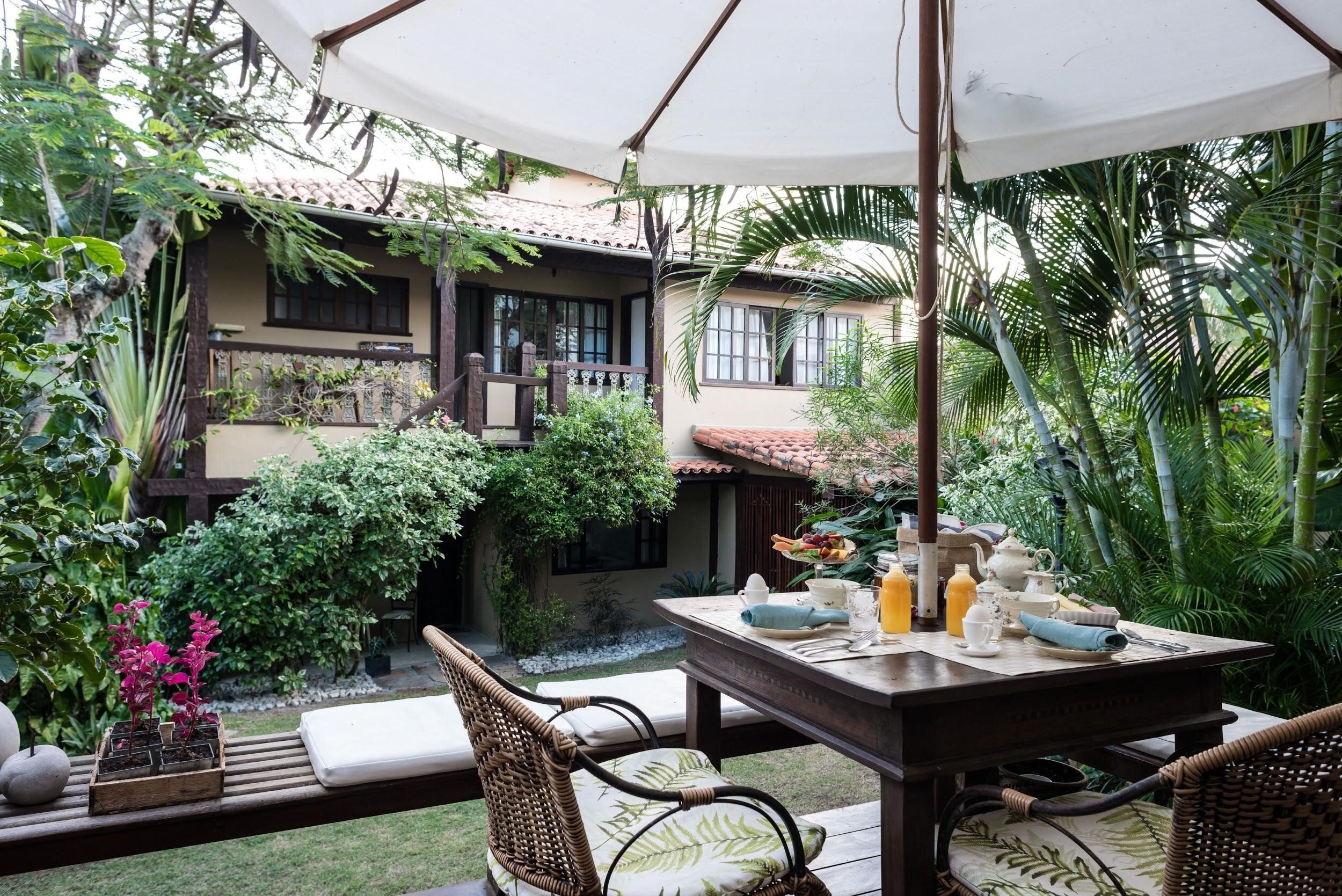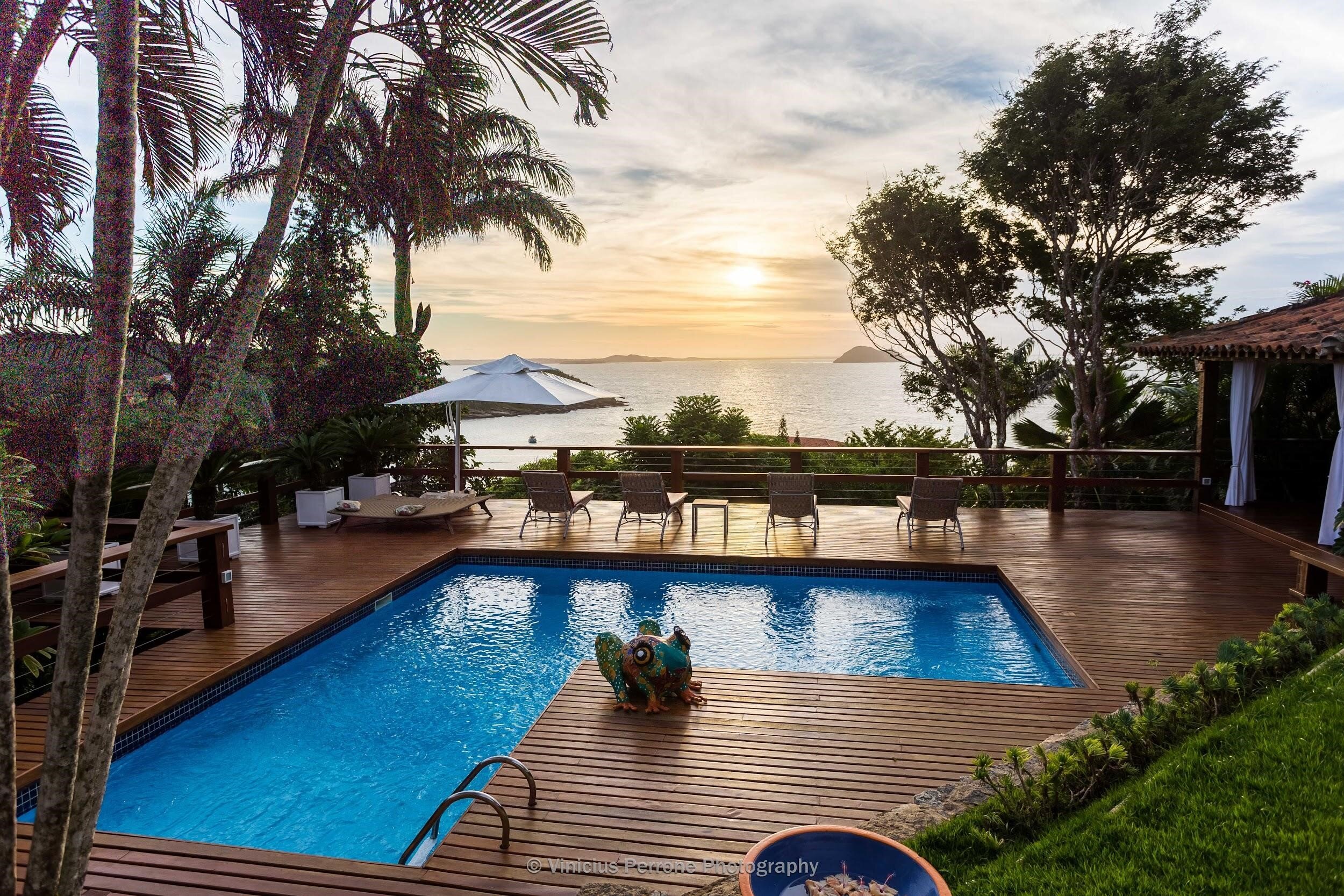The employees of the Fiesta Inn Monterrey Fundidora in México found an innovative way to fight the stress and negative influence of the pandemic on their well-being by creating their own, personal oasis on the rooftop of the hotel.
Photo: © Fiesta Inn Monterrey Fundidora Mexico Hotel.
The pandemic does not only hit the hospitality industry economically, but also has negative effects on the mental health and well-being of the employees within the sector.
One of the hotels that proactively worked on increasing the emotional well-being of their employees is the Fiesta Inn Monterrey Fundidora, México by Grupo Posadas. Within the hotel group, work-related stress of their staff seemed to increase during the pandemic. This stress often appeared due to social distance regulations and constantly having to wear a mask during working hours, amongst others. As a result, the management and employees of the hotels started to brainstorm about possibilities to counteract the decreasing physical and emotional well-being of the team.
One of the staff members contributed to the innovative idea of installing a rooftop garden and relaxation area on the 7th floor of the hotel. All other employees were immediately excited about it and started to come up with different possibilities for their individual contributions. As a result, the employees of the hotel, which is situated in the city of Monterrey, started to collectively work on the creation of the beautiful oasis.
The management was able to observe that all the employees designed the garden with lots of love and hope and with the prospect of being able to welcome back the hotel's guests to a beautiful garden that can then also be enjoyed by them. Besides the sense of ownership and team-spirit that has been generated through the collective construction of the garden, planting new green areas and gardening are additionally beneficial to handling stress during difficult times.
To ensure the sustainability of the area, the flower boxes, the furniture and all other necessary equipment have been built from recycled materials and the area is lit through the use of LED lighting. The towel basket has, for example, been made out of an old vacuum cleaner. In addition, guests are able to enjoy a wonderful view of the eastern Sierra Madre while sitting down in a wooden swing. Finally, all the herbs and fruits that are harvested in the garden are used to flavour different dishes in the kitchen of the hotel.
In addition to the rooftop garden, the Hotel Group has designed a series of security measures, approved by safety experts. These are to ensure that their guests, employees and suppliers can continue to enjoy their various hotels without the need of having to worry about the risks of infection with the COVID-19 virus.


